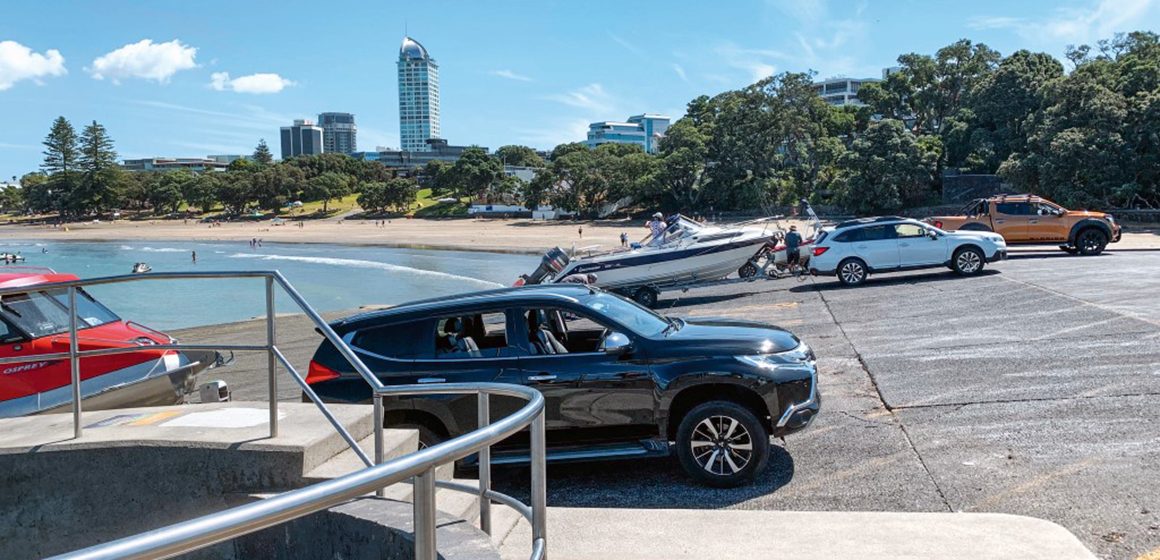

Covid-mothballed boats and jet-skis could be at risk of battery failure that could put lives in jeopardy, warns battery manufacturer CenturyYuasa.
With summer the peak time for boating, Century Batteries, together with Coastguard NZ, remind boaties and jet-skiers “you can’t get a push on the water.”
While there might be enough charge to get your watercraft started and out on the water, it is vital that at the end of a day’s activities there is enough charge to restart it for the journey home.
“Flat batteries cause a lot of headaches for boat users, with Coastguard volunteers attending to a high number of these callouts each year,” says Coastguard Chief Executive Callum Gillespie.
You should ensure your battery is powerful enough for all the gear you intend to run off it and if you have added something since your last outing, make sure your battery has the capacity and health to handle the extra load. Coastguard recommends a secondary or ‘house’ battery for auxiliary systems.
“Unfortunately, you can’t wave down a passing car like on a busy highway. There could be little or no marine traffic where you are, the weather can change and suddenly you are in a life-threatening situation.”
Century Batteries proudly sponsor Coastguard NZ.
Century Batteries spokesman Andrew Bottoms said two years of lockdowns and reduced activity has meant many watercraft have had less use than normal, so checking the battery this summer has never been more important.
“We don’t service our boats as regularly as we service our cars and time gets away from us: suddenly you realise the battery you thought you bought last year is in fact three years old. It could be close to its use-by date or needing a good charge,” said Bottoms.
Irregular use of trailer boats can also be an issue. If it sits for a few months, the battery deteriorates through lack of use.
“There are so many stories where families’ plans for the day are ruined because the boat won’t start.”
Century Batteries’ market research showed that many people are unaware marine batteries are specific, with some boaties running automotive batteries in their vessels.
Bottoms said, like cars, boats are becoming increasingly complex, incorporating advanced electronics and engine management systems, all placing greater demands on the battery.
“Unlike car batteries, marine batteries must be able to resist vibration from wave pounding and trailer transportation,” Bottoms said.
“In fact, neglecting the battery between trips and not using a marine-specific battery are two of the biggest problems we encounter. Today’s fishers and boaties run a lot of gadgets – charging their phones, running a fridge or playing music through a speaker – all connected to the battery. Century Marine Pro batteries provide sufficient starting power for high compression engines that also deliver power for on-board accessories, even when the boat engine is switched off.”
Coastguard battery checklist
• Make sure your battery is properly installed and securely
fastened.
• Check the terminal connectors are free of corrosion.
• Check the battery is fully charged, especially if you haven’t used the boat for a while.
• Don’t mix old batteries with new ones on the same battery bank: old batteries can pull down new ones to their deteriorated level.
• Turn off gadgets like fish finders if you’re not using them: even small loads can eventually sap a battery over the course of a day on the water.
• Lastly, if out for the day, remember to leave enough charge in the battery so it will start for your return journey.




